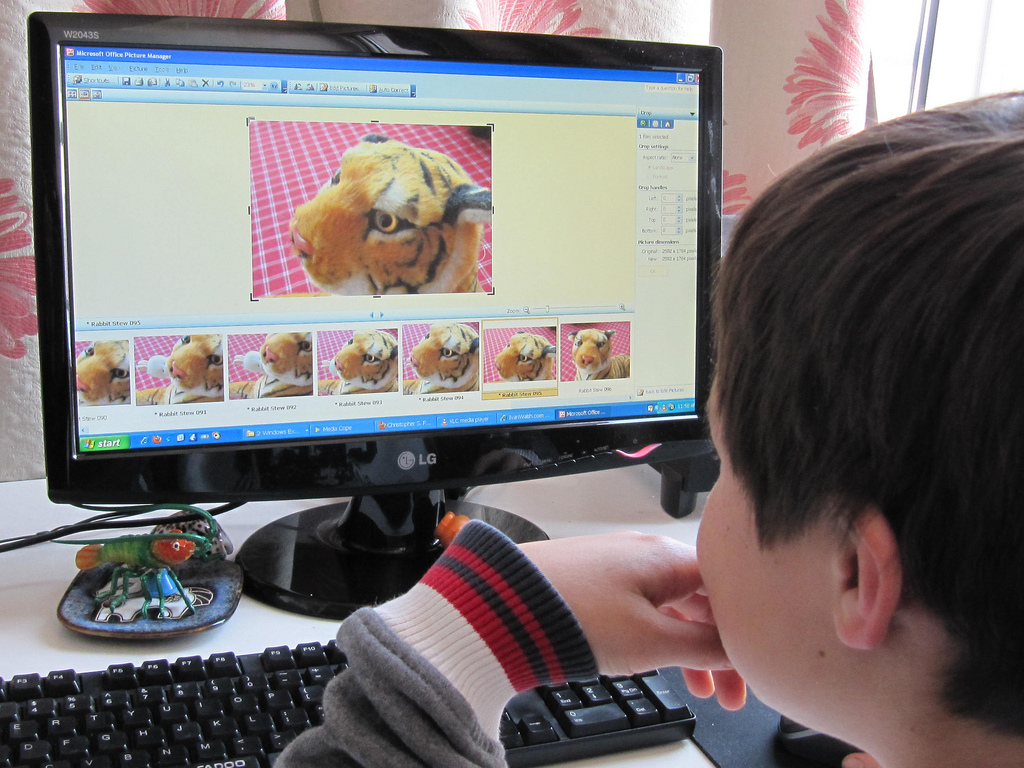 The joy of a new baby is something so special that only new parents experience. However, lack of sleep is collateral damage. New parents notoriously get very little sleep, if any at all. Fortunately, there are some strategies and tips to help new parents get snatch snippets of sleep once the new baby arrives. Of course, with a baby you will never get an over abundance of sleep, but these tips will help you to at least get enough sleep to keep your sanity intact.
The joy of a new baby is something so special that only new parents experience. However, lack of sleep is collateral damage. New parents notoriously get very little sleep, if any at all. Fortunately, there are some strategies and tips to help new parents get snatch snippets of sleep once the new baby arrives. Of course, with a baby you will never get an over abundance of sleep, but these tips will help you to at least get enough sleep to keep your sanity intact.
The key here is to be prepared before you get to that phase. Forewarned is forearmed. This adage is true for all new parents.
Tip #1 Take Turns:
A new born baby has no sense of day or night. Irregular feeding time, potty and pee are a never ending cycle that keeps new mothers awake all night. For the first few days, time the baby’s waking and then takes turns waking up. There is no point in the father waking up to a crying infant who only needs to be fed. Similarly there is no need for a mother to wake up when the baby needs a change of diaper. Generally, taking turns is really the best option and will help everyone get just a little more sleep.
Tip #2 Nap With the Baby:
If you are the only one caring for the baby, then when the baby goes to sleep, you should take a nap as well. This will allow you to get some rest. So, whether the baby naps in the morning, afternoon, or early evening you should also get a little rest because you never know when the baby might wake up. Don’t be tempted to do chores in this time. The laundry basket may overflow, the dishes may need doing, or the house may look generally like a hurricane just hit it. Don’t bother about these things in the first three months. Just remember, this will pass when the baby regulates her sleeping pattern naturally.
Tip #3 Accept Help:
When you have a new baby, there are plenty of people willing to help, be it parents, siblings, friends, and other family members. So, when you really need to get some sleep, just accept some of the help that is being offered. Having your mom or mom-in-law care for the baby for just a couple of hours will allow you to get some much needed sleep. If enlisting the help of a part time help is feasible, get it immediately. This will allow you to rest when the baby is napping.
Tip #4 Keep the Baby in the Nursery:
The baby should sleep in the nursery and not with the parents. Although there is another school of thought that promotes co-sleeping. Many times it is tempting to allow the baby to sleep with the parents, but this may form a habit that is difficult to break in the later years of the baby’s life. After the baby is six months old, you can slowly start the transition of making the baby sleep in the nursery. A video or an audio monitor is a must in these cases.
Tip #5 Feed the Baby Before You Sleep:
If your baby typically wakes up just before your sleep time, it is safe to wake the baby up for a feed and then put her back to sleep. This way she won’t interrupt your sleep immediately and hopfully sleep for longer. This is a long shot, but worth a try. All the best!








